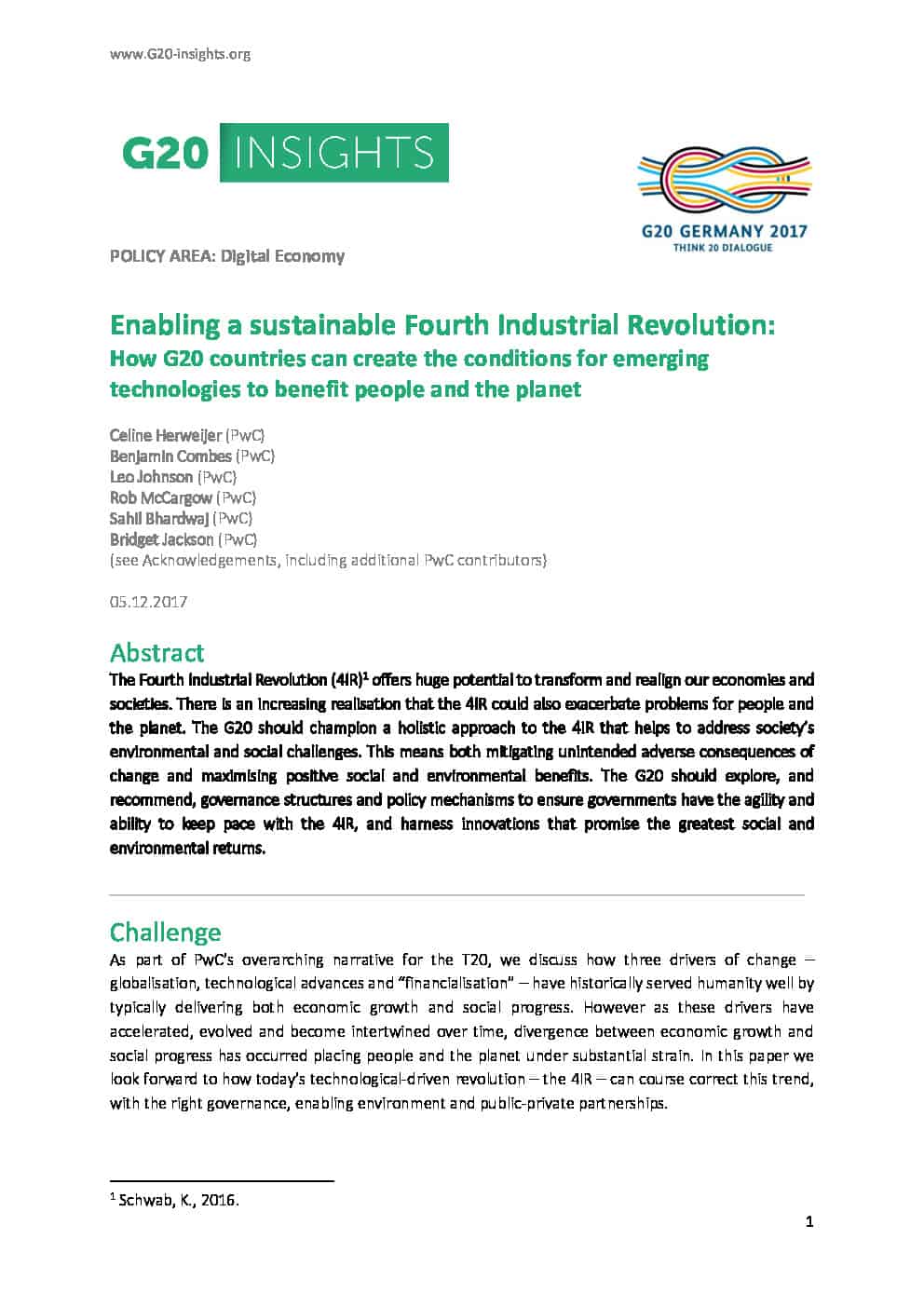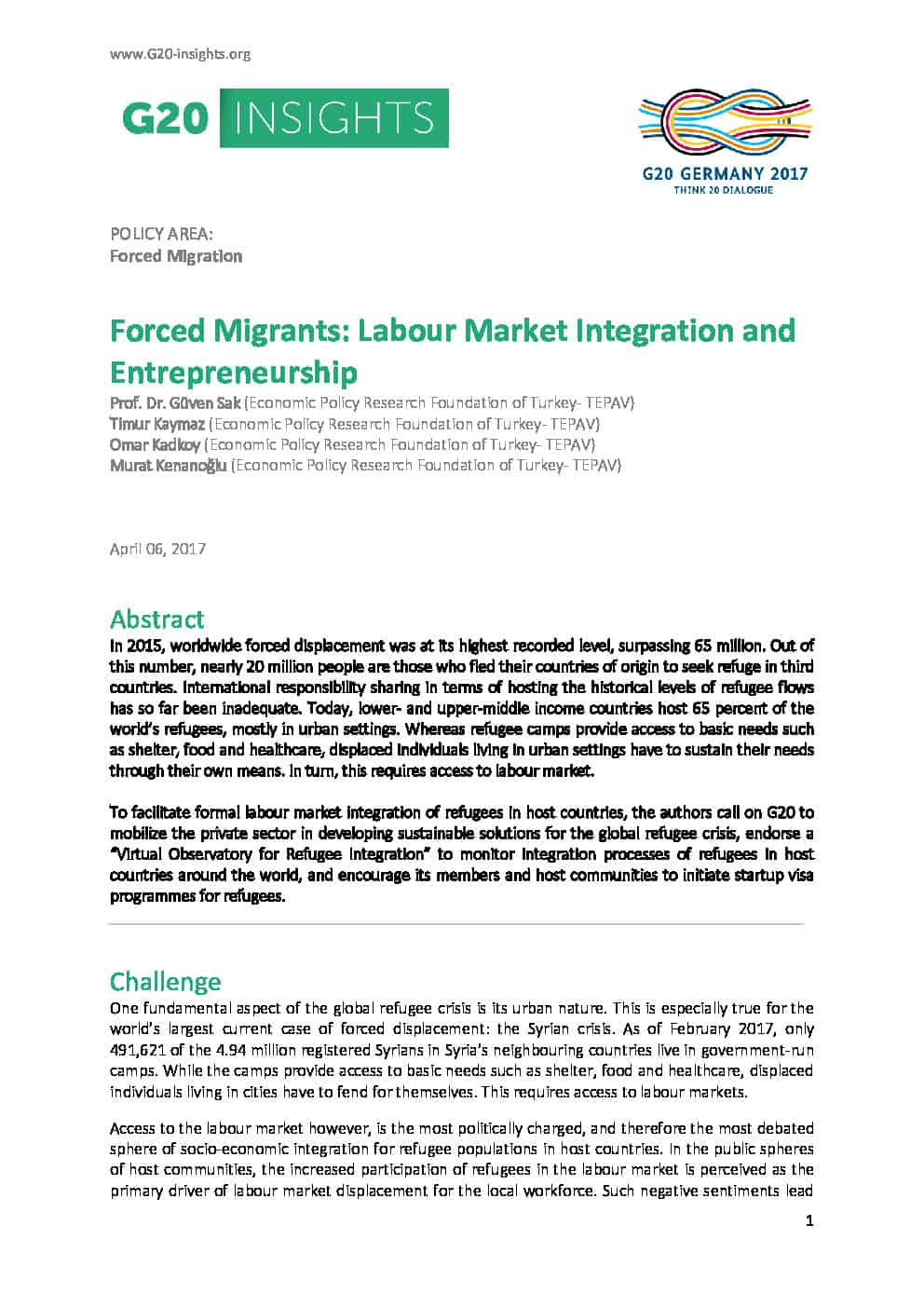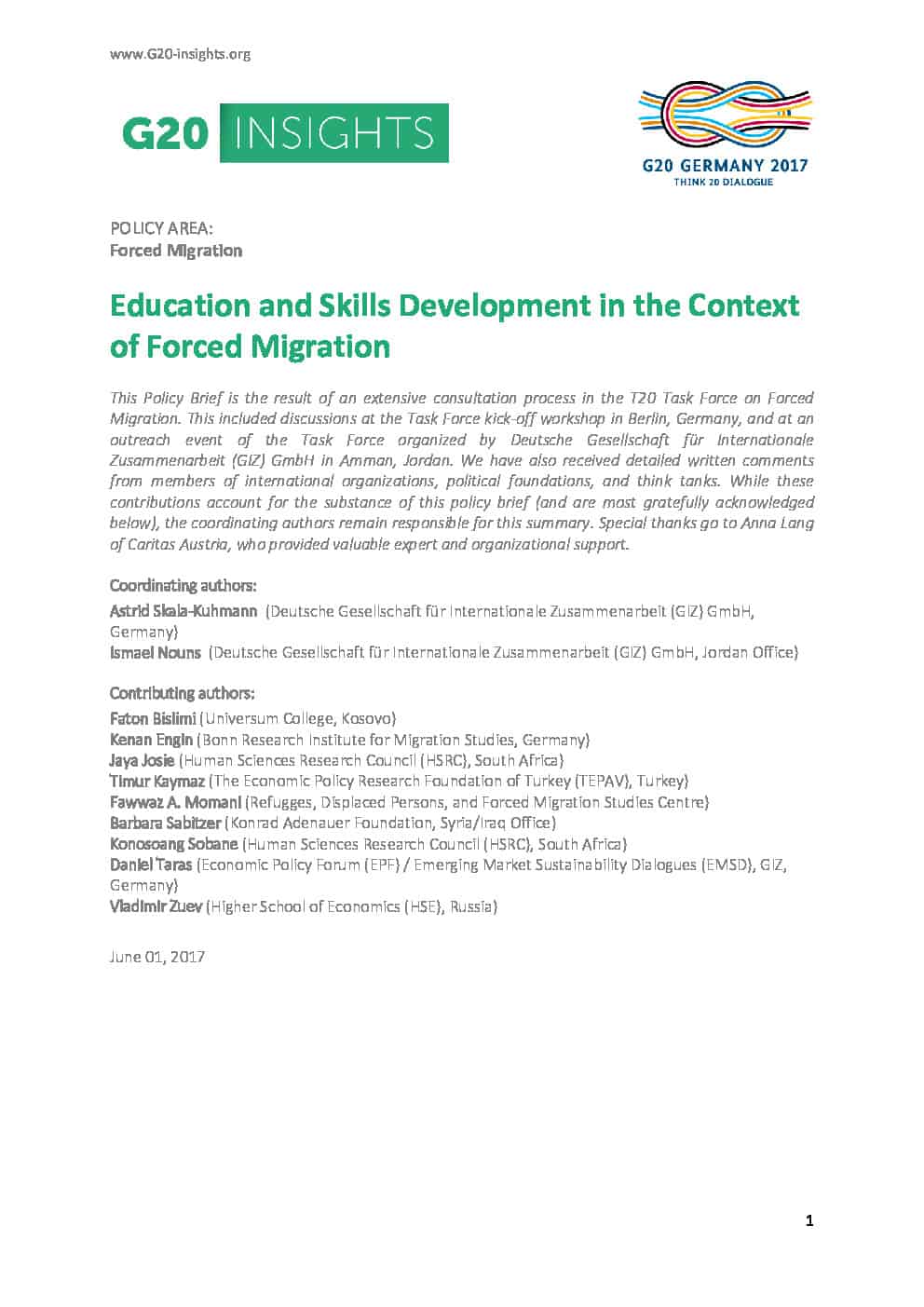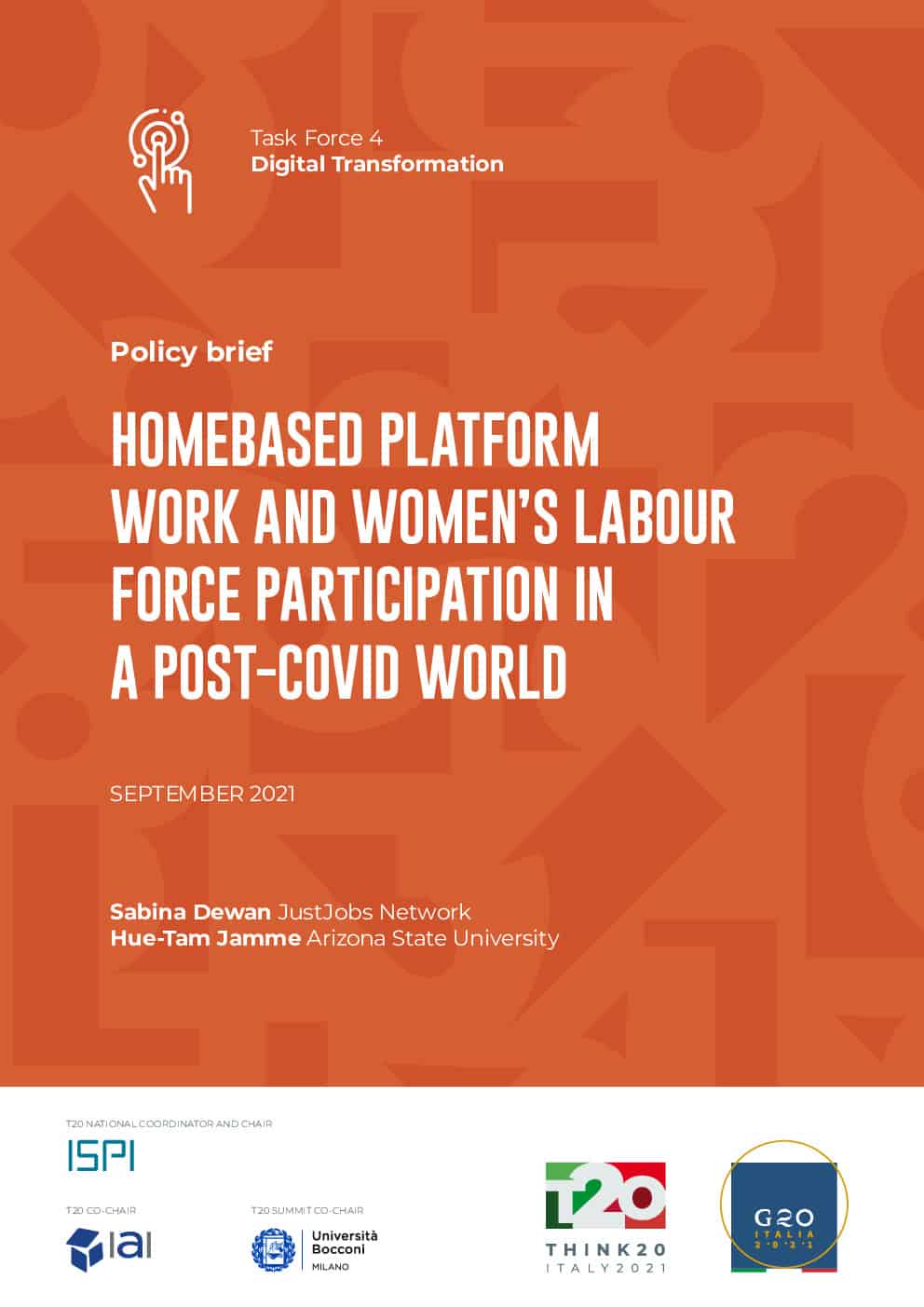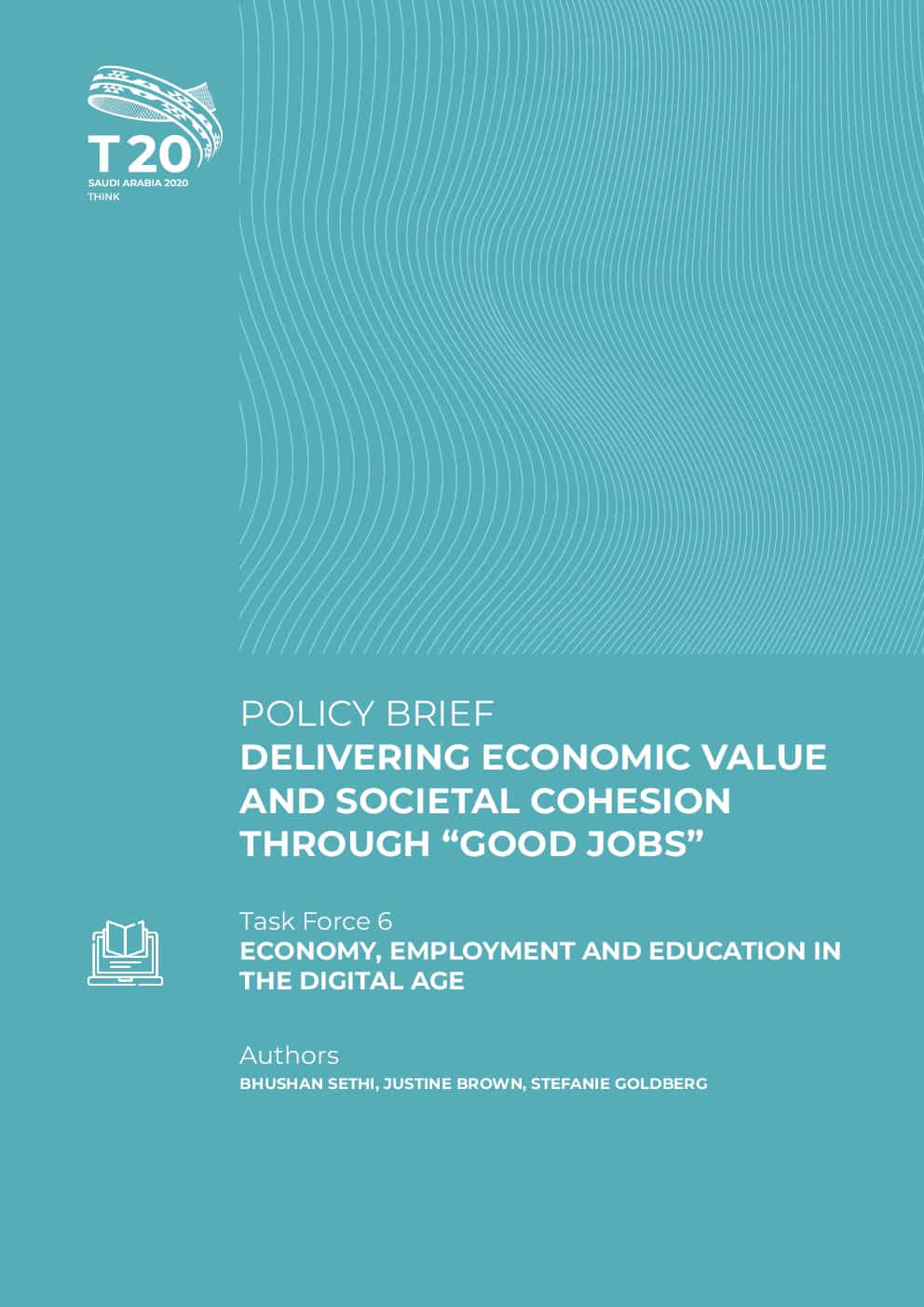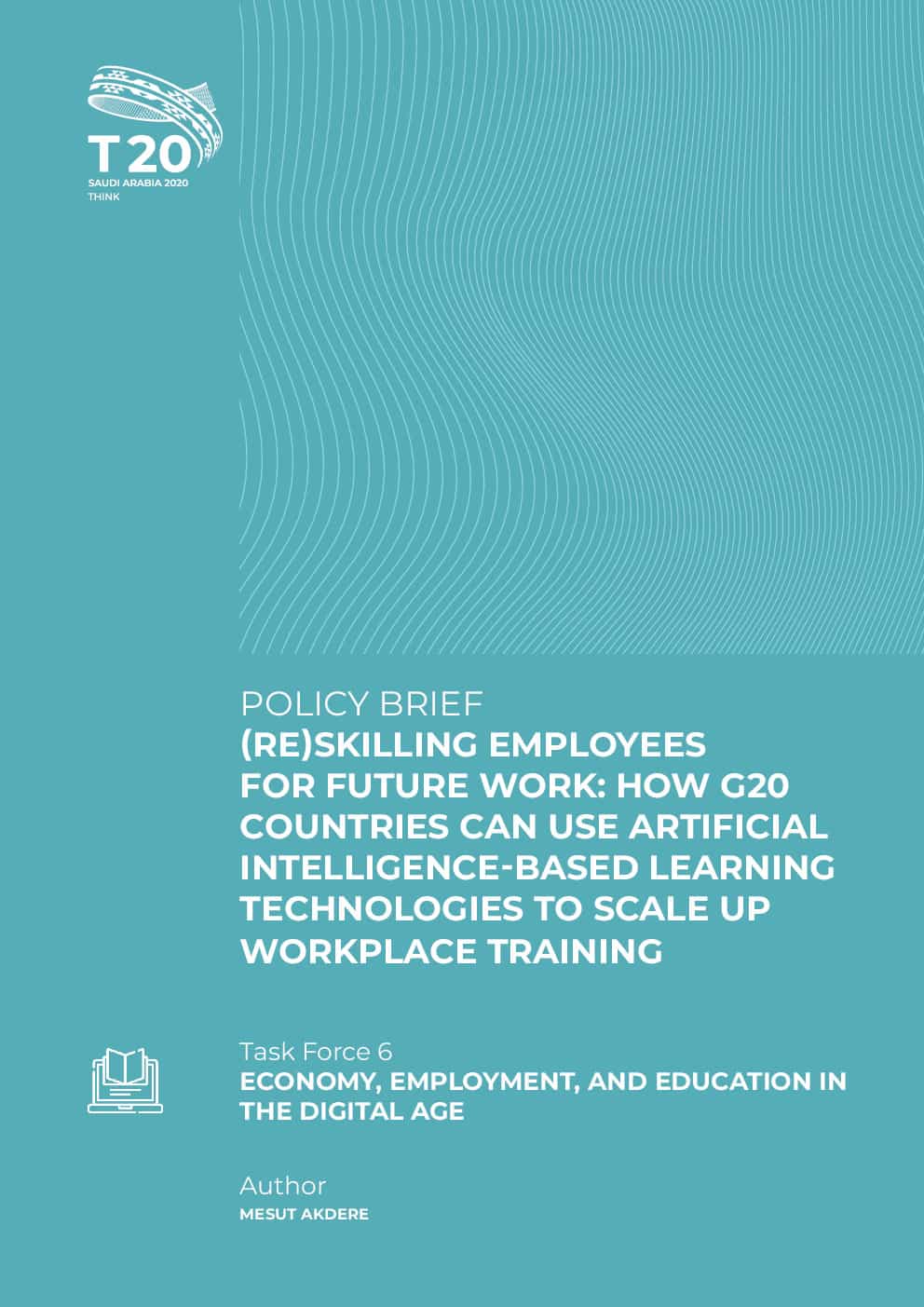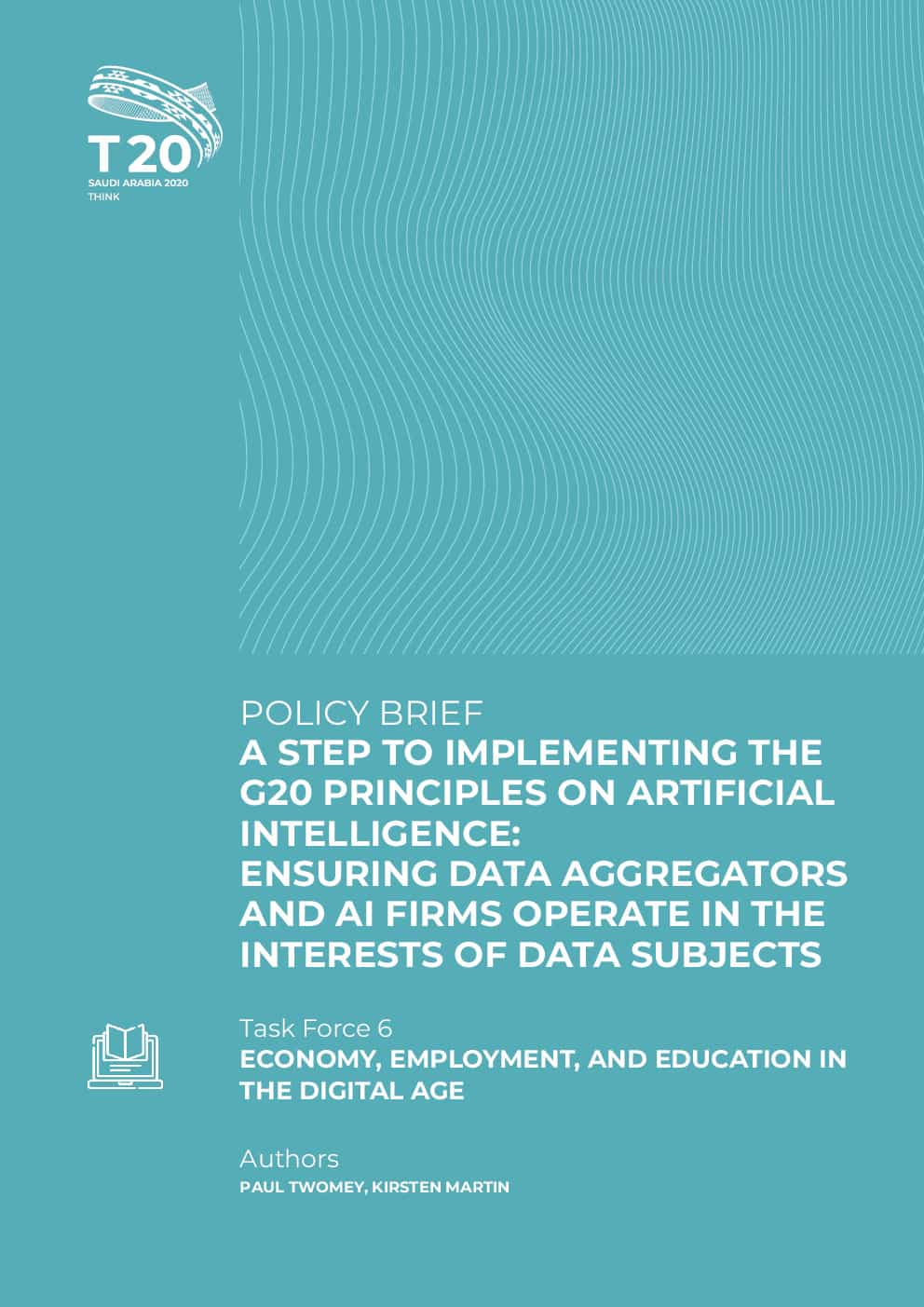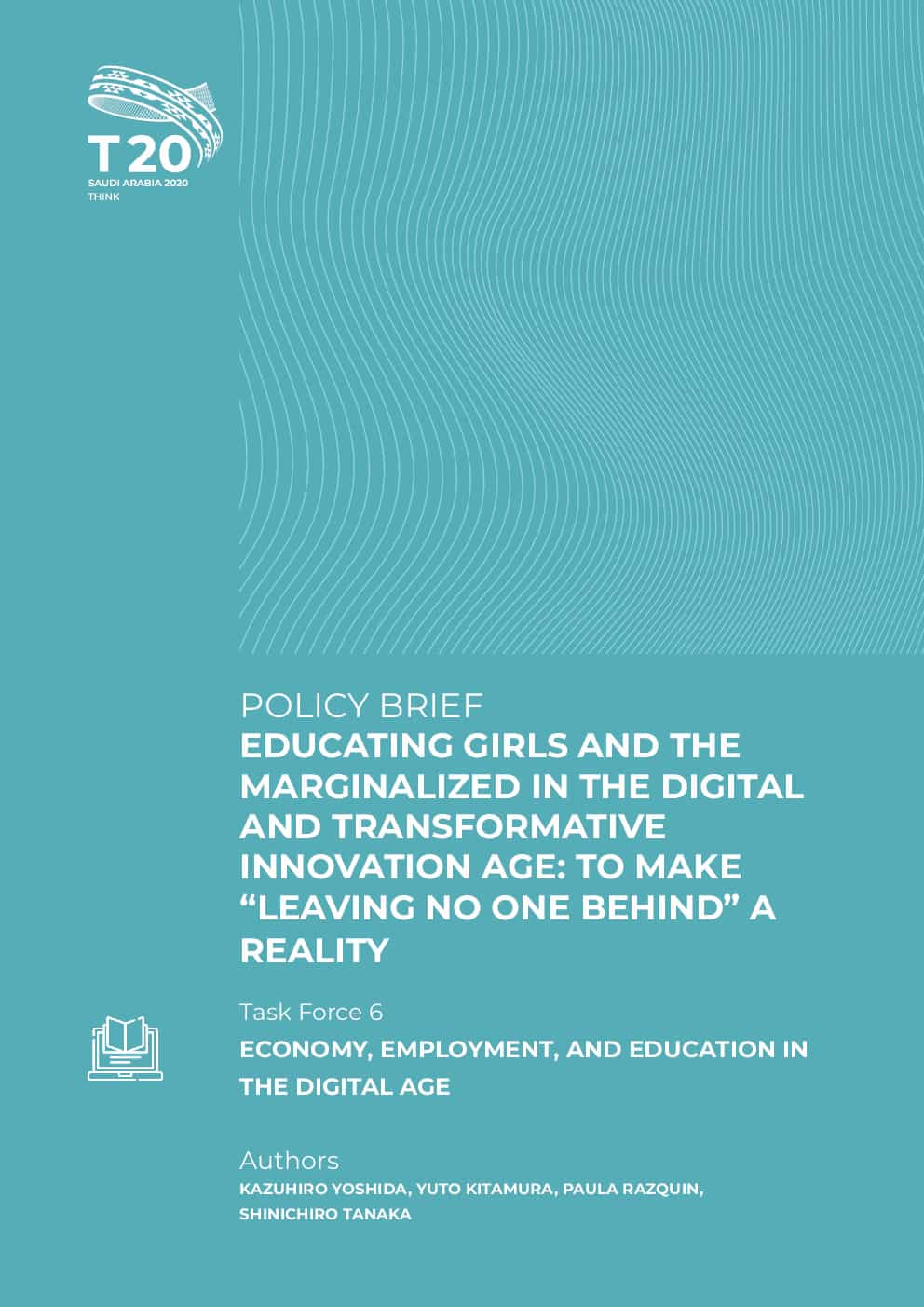Enabling a Sustainable Fourth Industrial Revolution: How G20 countries can create the conditions for emerging technologies to benefit people and the planet
You are currently viewing a placeholder content from Youtube. To access the actual content, click the button below. Please note that doing so will share data with third-party providers. More Information Unblock content Accept required service and unblock content The Fourth Industrial Revolution (4IR)[1] offers huge potential to transform and realign our economies and societies. … Read more

